Many parents are concerned about bearing a child with autism. This condition has affected a great number of people and that number has risen over the years. However, researchers are bringing new hope to children with autism as they explore the use of cord blood. But does cord blood help autism?
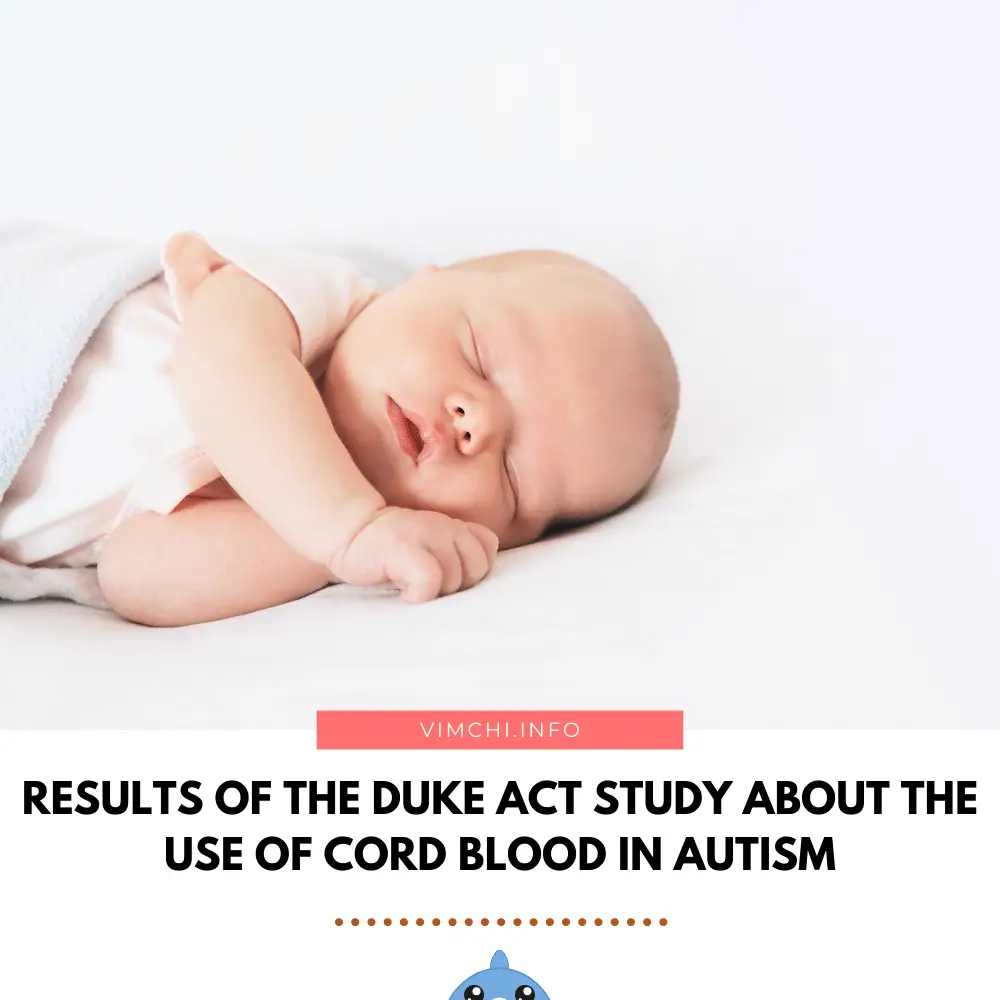
Read: What are the Uses of Cord Blood?
Does Cord Blood Help Autism? What is the Result of the Duke ACT Study?
Dr. Joanne Kurtzberg and Dr. Geraldine Dawson led a study about how infusing cord blood stem cells can help children with autism.
The initial result of the study was published in 2017. The group treated 25 kids with stem cells from their own cord blood.
The result was impressive because 70% of the subjects had improvement in their core symptoms of autism.
The more interesting part is that those kids with non-verbal IQs had more improvement from the cord blood treatment compared to kids with lower IQs.
Then, in May 2020, the researcher group conducted another study. But it was a randomized, placebo-controlled study to find out whether or not cord blood infusion would improve autism symptoms.
The subjects were kids ages 2 to 7 years. They were diagnosed with autism spectrum disorder and don’t have known genetic anomalies.
The study involved 180 children diagnosed with autism.
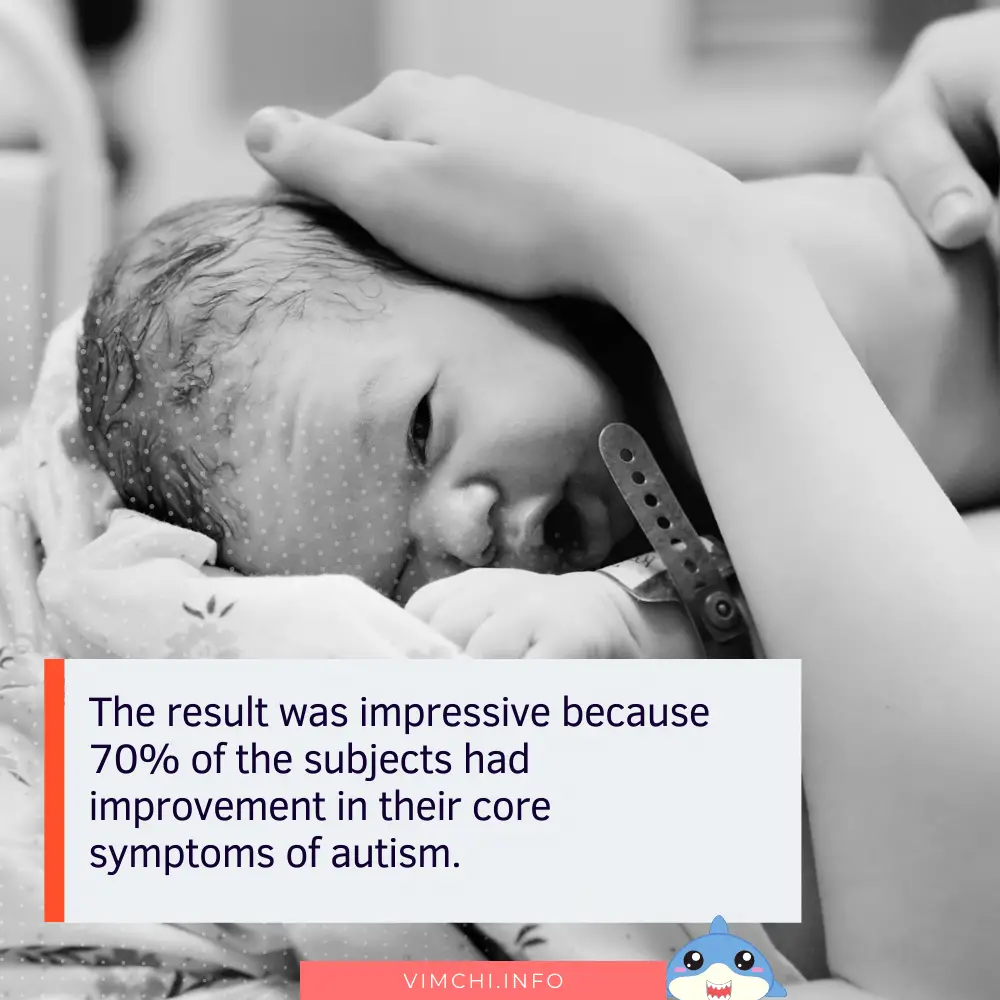
At some point, the subjects received cord blood stem cells. Some of them received the treatment at their first visit while others 6 months later. It’s the reason the study was called cross-over.
However, neither the kids’ families nor their doctors knew when the kids received an infusion of stem cells.
The results of the study showed that none of the subjects developed a serious reaction to the infusions. But a significant number of them experienced cough, hives, or wheezing from receiving the treatment.
Many of the subjects were anxious about the treatment. Some of the families reported that their kids experienced psychiatric symptoms in the first few weeks after getting the infusion.
The Positive Results of the Study About Cord Blood in Autism
The Duke ACT study showed that a subset of the kids experienced a significant benefit from cord blood therapy compared to placebo.
Kids with higher IQ showed improvements in their communication, attention, and scans of brain connectivity.
However, researchers are saying that the study wasn’t a home run. But they did gain valuable information.
Cord Blood Stem Cells May Quell Brain Inflammation
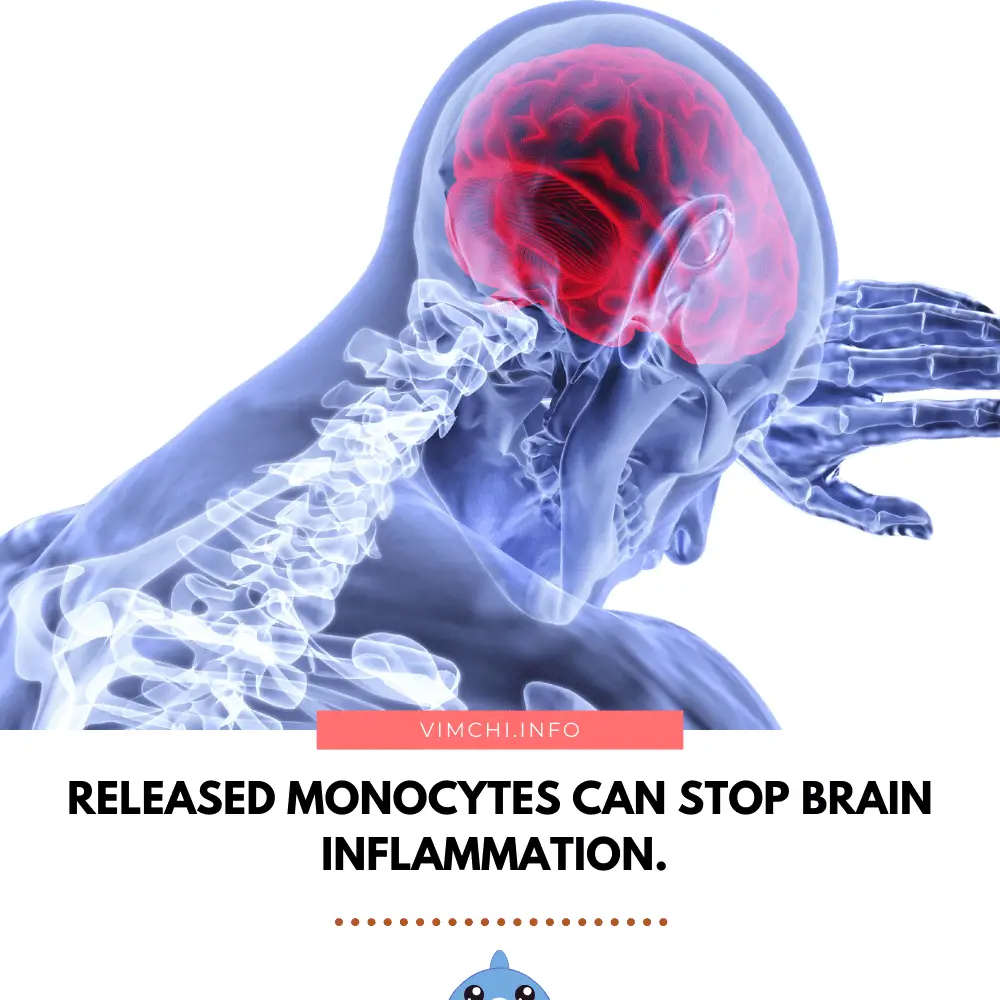
The umbilical cord blood has different cells including monocytes and stem cells that are proven to be a cure for blood cancers.
According to the researchers, the released monocytes can stop brain inflammation.
Several studies showed that inflammation in the womb can affect brain development. And if that happens, it can boost the chances of the baby developing autism.
With an overactive immune response, autism in some kids can be eased.
However, some skeptics of the Duke study pointed out that one infusion of stem cells won’t have a lasting impact. They also don’t believe that cord blood stem cells infusion won’t reverse the damage.
The Theory Behind Cord Blood Treatment for Autism
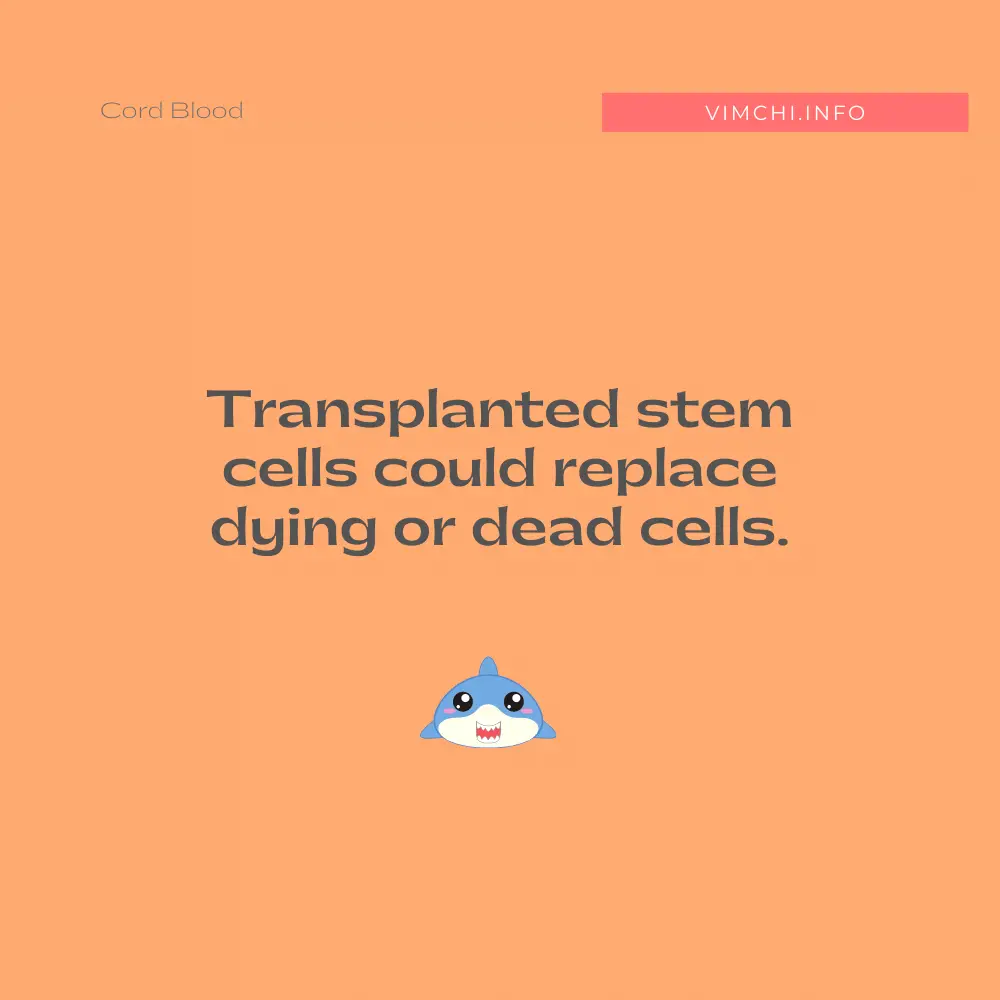
Cord blood can cross the blood-brain barrier. It can interact with different neutrons and brain cells. There are several theories on how cord blood can repair autism, brain trauma, and other neurodegenerative disorders.
One of them is that the transplanted stem cells could replace dying or dead cells. Then, these stem cells secret growth factors that can rescue injured tissue.
Furthermore, the transplanted stem cells can build a bridge that will connect the healthy part of the brain and the damaged section to facilitate new neural stem cells transport to the area that requires repair.
The Duke Study was permitted to expand its access to cord blood stem cell therapies for cerebral palsy.
Can Cord Blood Reverse Autism?
Cord blood stem cell therapy is still an ongoing researcher. It means that it’s still experimental.
Autism is an ideal candidate for this therapy because several studies showed that some types of stem cells could improve the overall regulation of the immune system and brain connectivity.
Since it’s still an experimental therapy, you should run when a clinic promises that your kid’s autism will be reversed. You should also avoid such a clinic if it tells you that cord blood can cure everything.
Keep in mind that in real medicine, there are no guaranteed results. That’s because nothing is considered a panacea.
In that case, cord blood can’t reverse autism. But it may have the potential to do so. However, more studies are still required to find the answer.
Currently, there’s no cure for autism. However, the therapies available can help in managing the symptoms and the development of skills and support.
Should I Save My Child’s Cord Blood?
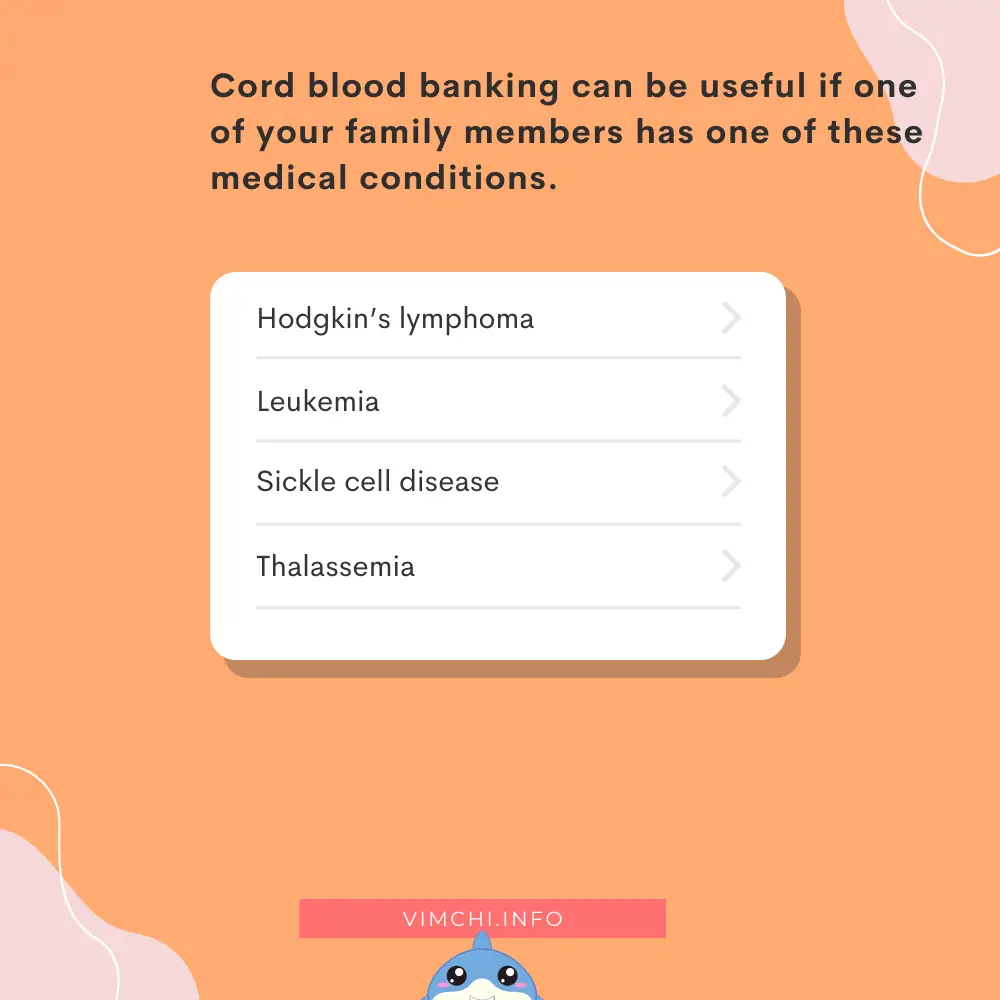
You have the option to save your baby’s cord blood and send it to a private cord blood bank. Or you can choose to donate it to a public cord blood bank.
Another option is not to bank it at all.
Doctors only recommend banking or saving the cord blood if your baby has a high chance he/she will need the stem cells in the future.
A privately saved cord blood won’t likely help your baby. However, it may help a sibling with an illness that could be treated using a stem cell transplant.
If the sibling has one of these conditions, then cord blood banking can be useful:
- Hodgkin’s lymphoma
- Leukemia
- Sickle cell disease
- Thalassemia
Doctors recommend banking your baby’s cord blood if one of your family members has one of these medical conditions.
Many doctors choose to recommend donating cord blood to a public bank and not to a private blood bank.
However, if you opt to donate it, you can’t use it anymore. Instead, you are helping the stem cell therapy community to use cord blood for research. Your child’s cord blood may help another child.
One reason doctors don’t strongly recommend saving cord blood is that private cord blood banking can take a toll on your finances.
Keep in mind that the starting fee can reach $2,000. Then, there are storage fees you need to consider and you pay for them every year.
Read: What is the Cost of Cord Blood Registry?
But if you have decided to save the cord blood, you need to arrange it with your doctor and the hospital ahead of time.
You can’t decide at the last minute.
Conclusion
Does cord blood help autism? There’s potential but studies are still ongoing. The Duke study might have found a significant effect but it’s not definite.
Speak Now ... Or Forever Hold Your Peace